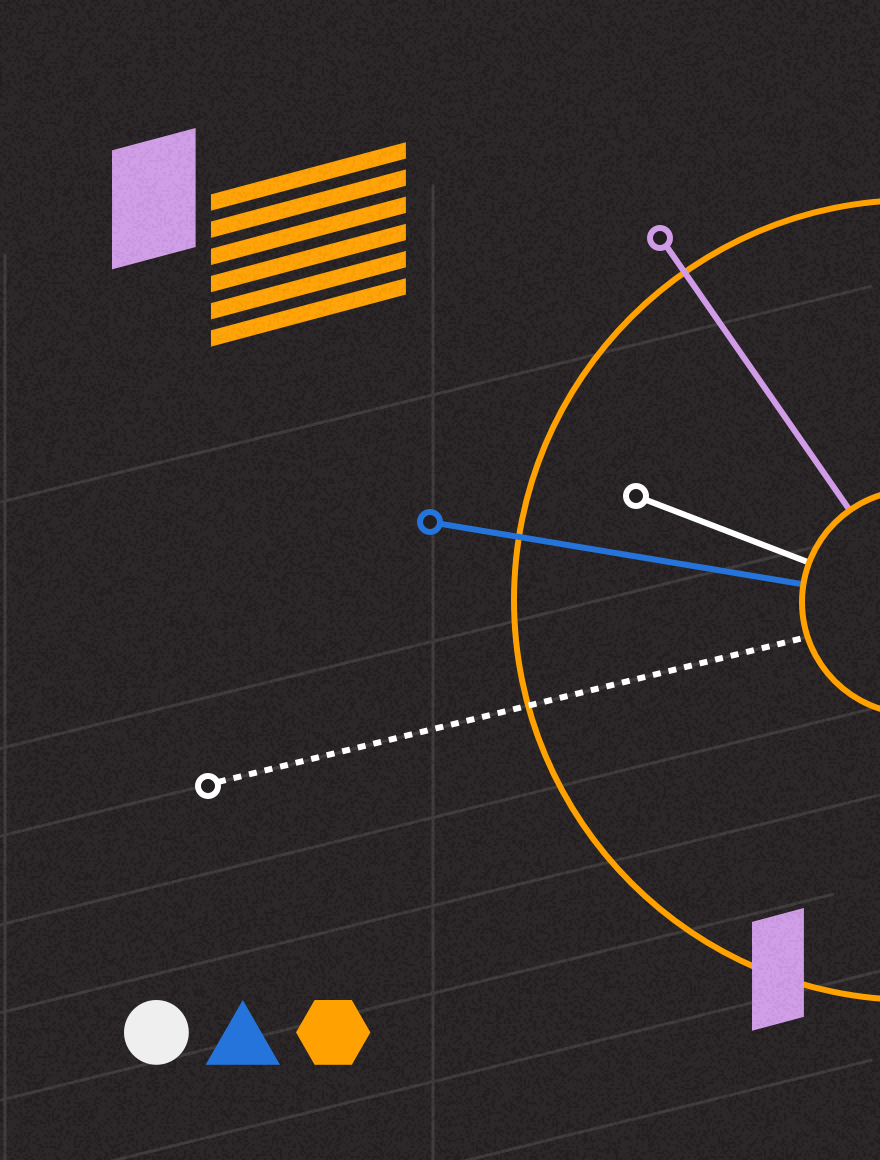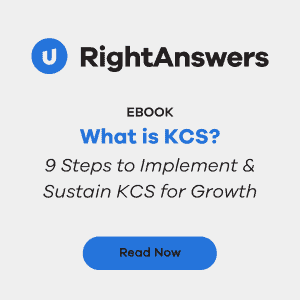
So far 2020 has been a surreal experience in all aspects of life. It is human nature to adapt to survive, this has also applied to the business world. In our working lives, we went from the known ways of working & very quickly had to adapt quickly in order to keep afloat.
Where most would never have thought about letting service center staff work from home due to the fear of a decrease in productivity, the necessity to do so has helped customers have some sort of normality in a world that changed so rapidly. It was truly amazing to see so many organizations move quickly to keep operations running in the best way that they could minimize the impact on the customer experience.
So, if we have been able to adapt to how we work, is it time to reconsider the benefits associated with the work we do?
When speaking to colleagues in Knowledge Management, it’s clear that the traditional metrics used in organizations do not fully represent the benefits of a KM strategy/tool. We need to shift the thinking of age-old Average Handling Time reduction as being the only thing to measure knowledge on. No doubt, over time you will see benefits on existing KPIs but we should also take a look at what knowledge will help you do in uncertain times.
Three simple areas could also be considered in return on investment conversations:
- Reassurance
- Continuity
- Knowledge Retention
Let’s break these down.
Reassurance
In times of change, we perform better when we are reassured of what we are doing is right. We look for advice on things we may not fully understand to get tasks done, just knowing that it is there reduces stress & cognitive load.
Just a few months ago, those who didn’t have knowledge bases to refer to would have the ability to find a colleague in the office who was free to help. Now think about all of those workers now being remote, they can’t see who is available for that quick piece of advice & may be waiting longer for the guidance they need, all this while they are still being measured on calls taken & handling time. This can possibly add to the stress of doing a job in challenging circumstances. Wouldn’t it be great if there was a knowledge genie in a lamp that you could call on at will?
In most of our lives, we rely on a search engine to get information, so why are we not encouraging this behavior in a work context to get trusted guidance to do the work that needs to be done? The support that a well-structured knowledge base can add should be seen as akin to a personal Subject Matter Expert experience, someone who is there whenever you need them to give you the right advice. We all experience situations where we find a gap in our own knowledge but knowing where to find what we need will always make us more confident. That reassurance can help productivity, the confidence in getting the right answer at the right time.
Continuity
This one pretty much explains itself & goes hand in hand with Reassurance. I am sure that when organizations are in a position to review the effects of 2020 & new ways of working, the ones who have had access to a maintained knowledge base will see the benefits it brought to advisors who transitioned into home workers.
Knowing where to find the right content becomes second nature once you embed the behavior to search the knowledge base first. This, in turn, will help improve traditional metrics over time even & if another global episode sees the need to move where the work is done, knowledge tools will still be consistent assets that allow you to provide the support your customers expect through any available channel (service center, web chat, customer self-serve, etc.).
Knowledge Retention
Many organizations have had challenges this year & the news regularly includes stories of job losses in even bigger, more established organizations. Imagine being in a position where you must let workers who have become experts in their fields go with no way of retaining the knowledge they have built up over the years. In this worst-case scenario, the tap is opened & years of experienced base knowledge is readily allowed to pour out, only plugged when the organization is able to upskill who is left & wait for them to build that deeper level of understanding on what needs to be done. How can you quantify the cost of that drain? It is virtually impossible to put a number to it, but I think we can all understand the risk/impact.
Knowledge Retention is not just a last resort to capture knowledge in the worst case if done correctly by encouraging knowledge workers to contribute & add to the collective experience, it can also, give an organization to open up new opportunities & aide developing career paths. For example, if an SME has in-depth knowledge of a product or service that they have written highly reused knowledge articles for, they would have the potential to work with product teams to help improve the product itself. Knowledge is not only a means to answer queries, but it is also an enabler for continuous improvement.
If you add these three areas to the thought process on how knowledge management can help your organization, they could help change the perception of KM as a quick fix & turn it into more of a long term initiative to help serve customer needs more efficiently no matter what curveballs the universe throws at us.



